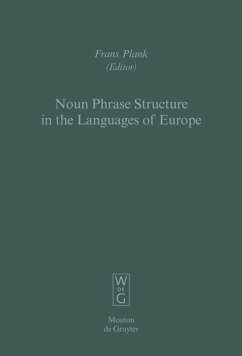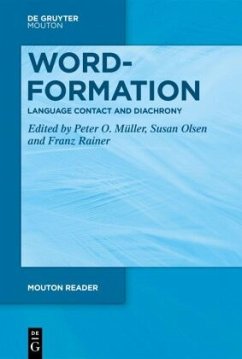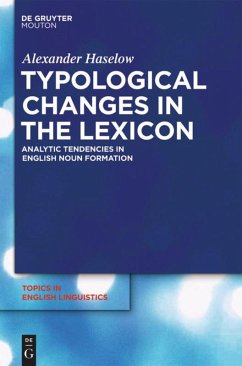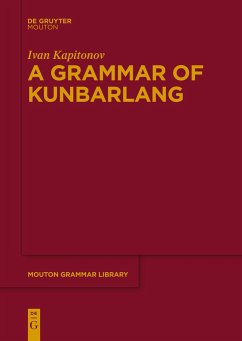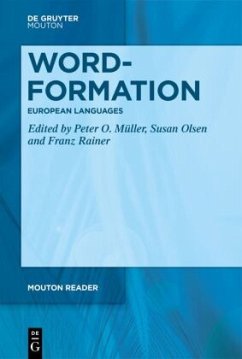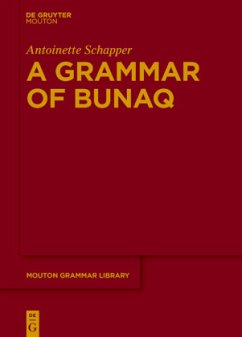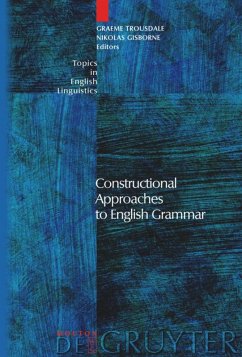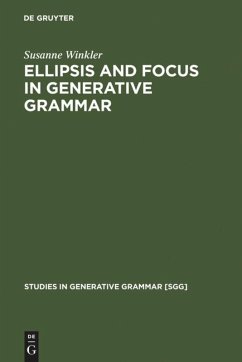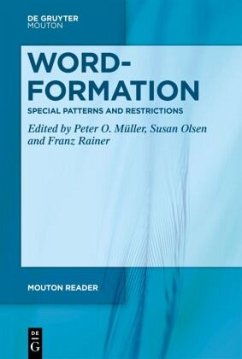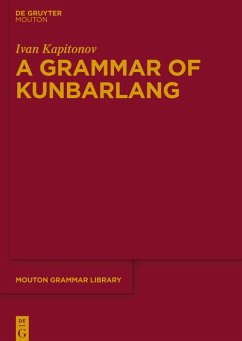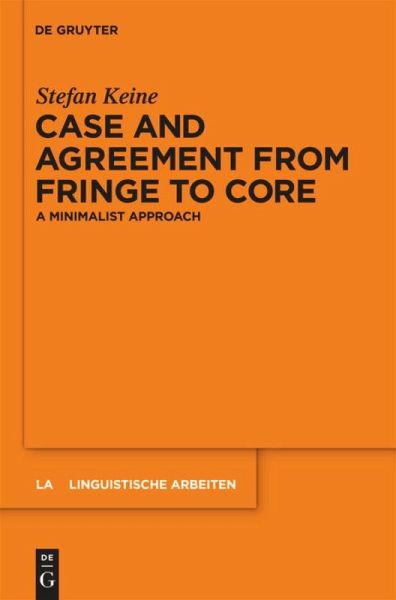
Case and Agreement from Fringe to Core
A Minimalist Approach

PAYBACK Punkte
73 °P sammeln!
This book explores the view that impoverishment and Agree operations are part of a single grammatical component. The architecture set forth here gives rise tocomplex but highly systematic interactions between the two operations. This interaction is shown to provide a unified and general account of apparentlydiverse and unrelated intances of eccentric argument encoding that so far haveremained elusive to a unified theoretical account. The proposed view of the grammatical architecture achieves an integration of these phenomena withinbetter-studied languages and thus gives rise to a more general ...
This book explores the view that impoverishment and Agree operations are part of a single grammatical component. The architecture set forth here gives rise tocomplex but highly systematic interactions between the two operations. This interaction is shown to provide a unified and general account of apparentlydiverse and unrelated intances of eccentric argument encoding that so far haveremained elusive to a unified theoretical account. The proposed view of the grammatical architecture achieves an integration of these phenomena withinbetter-studied languages and thus gives rise to a more general theory of caseand agreement phenomena. The empirical evidence on the basis of which the proposal is developed drawsfrom a wide range of typologically non-related languages, including Basque, Hindi, Icelandic, Itelmen, Marathi, Nez Perce, Niuean, Punjabi, Sahaptin, Selayarese, Yukaghir, and Yurok . The proposal has far-reaching consequences for the study of grammatical architecture, linguistic interfaces, derivational locality in apparently non-local dependencies and the role of functional considerations in formal approaches tothe human language faculty.





